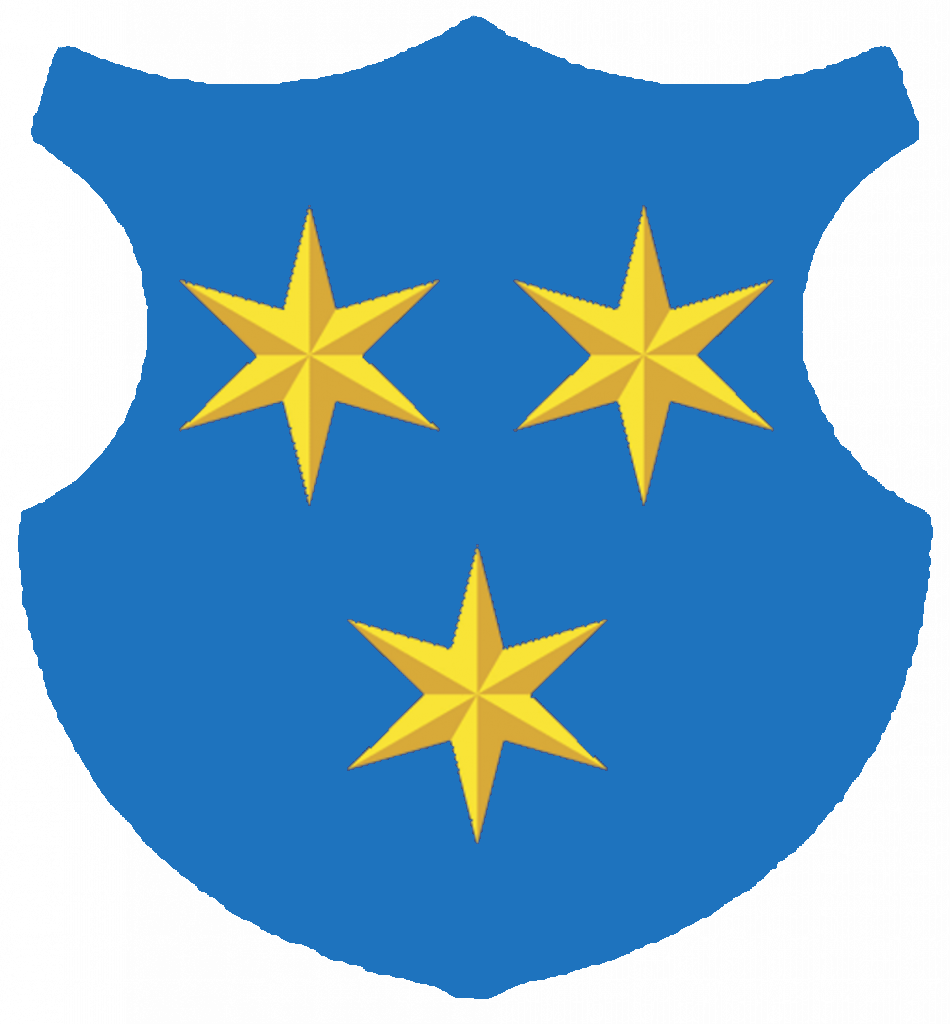| Author: | Article:
THE KING OF PRUSSIA FREDERICK II THE GREAT AND HIS SPARROWS “THE EMPEROR JOSEPH IS BLAME FOR IT, AND MAY GOD GRANT THAT ANOTHER WILL SOON TAKE HIS PLACE…” |
 |
THE KING OF PRUSSIA FREDERICK II THE GREAT AND HIS SPARROWS
On the History of Animal Protection
The wave of bourgeois ideas on animal protection, which originated in the German speaking lands, reached the territory of Slovenia in the 19th century. Partly owing to the support given it by the state authorities, the movement quickly took roots amongst the Slovene middle class and the teachers who upheld its morals. The first society for the protection of animals on Slovene territory was established in Gorica in 1845 and the publication “Compassion For Animals” by J. Bleiweis also reflected the general enthusiasm for this cause. The first societies for the protection of animals vigilantly ensured that the so-called “animal laws” were also put into practice. Particular attention was paid to the treatment of domestic animals and especially birds deemed “useful to the economy”, which moved the more sensitive members of these societies to pity, as these creatures had to jump around without the protection of coats – even in the severest of winters.
“THE EMPEROR JOSEPH IS BLAME FOR IT, AND MAY GOD GRANT THAT ANOTHER WILL SOON TAKE HIS PLACE…”
(Un)known Slovene Poetry Between Panegyric and Socio-Political Criticism in the Period from the Death of Maria Theresa to the Vienna Congress
The article presents six poetic texts, written in the Slovene language in the period from the death of Maria Theresa (1780) to the first fall of Napoleon (1814). The texts, all of which are anonymous versifications, are very different in style and quality, and cover quite a wide range of themes – from a panegyric on the ruler to a severe criticism of the society of the times, the policies implemented by the emperor, and even his personality. The poems were written by the “conservative” part of the clergy and perhaps in part also by members of the laity. Due to their predominantly “improper” content, four of them were never published and were disseminated only in handwritten form. Up until now, only two of these poems were published, one of these two being a pamphlet against Enlightenment and Jansenism. In it, the Slovene word for “enlightened” is mentioned for the first time.
THE THREE OUTLAWS
Three Stories About the People Who Robbed and Were Caught, About the Trials Against Them and the Judiciary System
A specific aspect of the life of journeymen, beggars and robbers is presented with the help of three the minutes of three police and judicial proceedings dating back to the late 18th century and early 19th century. The stories of the fate of the three individuals in question also depict how the legal system at the time was in the process of gradually abolishing the high-handedness of individual landed property owners as well as of the state officials.
Irena BARAGA, Kristijan JERŠIN TOMASSINI
THE BATTLE AT THE ISLAND OF VIS IN 1866
Responses in the Slovene Papers
Based on the daily newspaper articles printed at the time, the authors present an overview of the public responses which appeared in various papers after the battle at Vis in 1866. The authors focused mainly on the Slovene dailies, for example the Laibacher Zeitung, Klagenfurt’s Slovenec and the Illyrian Primorjan, as well as the articles in the Dom in Svet magazine. Particular attention was paid to the survey of events during the battle, the responses caused amongst the Italian public by the defeat, and the outcome of the trial against Persan in Florence. At the end of the article, the authors also examine Mardeçie’s analysis of the causes of the Italian defeat, rounding off their overview of the battle at Vis and the responses it elicited in the daily newspapers concisely and neatly.
IN THE NAME OF THE SLOVENE PEOPLE: “GUILTY AS CHARGED!”
In her article the author deals with the operations and procedures of the Court of National Honour in Maribor in the summer of 1945. About 2,000 Slovenes who, for various reasons, had cooperated with the occupying forces during the Second World War were found guilty at these trials.
